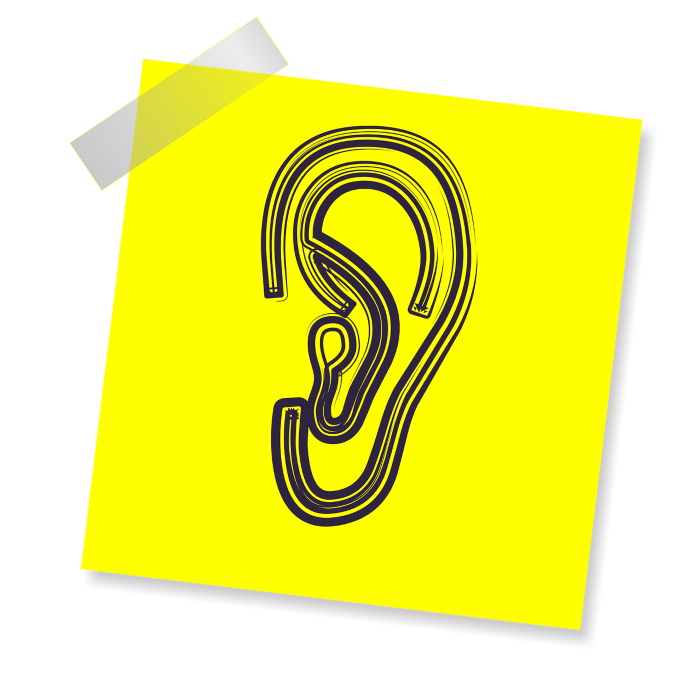Hearing loss is a prevalent health problem worldwide, with over 460 million people suffering from some form of hearing impairment. Many factors can cause hearing loss, including genetic factors, aging, noise exposure, and medical conditions.
However, did you know that certain medications can also cause hearing loss? That’s right. Drug-induced hearing loss is a severe and often irreversible side effect of certain drugs.
Understanding Drug-Induced Hearing Loss
If you thought hearing loss only occurred due to aging or noise exposure, think again. Certain medications can also cause hearing loss, a condition known as drug-induced hearing loss or ototoxicity. Ototoxic medications are drugs that can harm the ears, leading to hearing loss, tinnitus (ringing in the ears), vertigo (dizziness), or balance problems.
In this article, we’ll delve into what drug-induced hearing loss is, what drugs can cause it, and how you can protect your ears.
Medications on the Radar: Common Culprits of Drug-Induced Hearing Loss
It’s important to be aware of medications that have been associated with ototoxicity. Some of the commonly used medications that can potentially cause hearing loss include certain antibiotics like aminoglycosides (e.g., gentamicin), loop diuretics (e.g., furosemide), chemotherapy drugs (e.g., cisplatin), non-steroidal anti-inflammatory drugs (NSAIDs) like aspirin and ibuprofen, and some antimalarial drugs like quinine.
After gaining FDA approval as the first and only therapy for thyroid eye disease just over a year ago, teprotumumab (Tepezza) is now facing concerns regarding potential risks of hearing loss, according to recent research.
Although the study involved a small sample size of fewer than 30 patients, the results revealed that over 50% of patients who received four infusions of Tepezza reported experiencing hearing loss symptoms. This is significantly higher than the 10% of patients who had reported hearing symptoms in the earlier phase 2 and 3 trials of the drug.
Consumers who have suffered from Tepezza-induced hearing loss have taken legal action by filing Tepezza hearing loss lawsuits against the manufacturers. TorHoerman Law reports that these lawsuits allege that the drug’s label did not adequately disclose the potential risks of hearing loss or tinnitus to patients or healthcare providers.
Understanding the Mechanisms of Drug-Induced Hearing Loss
Certain medications can cause hearing loss by directly damaging the inner ear or auditory nerve, resulting in sensorineural deafness. In some cases, the role of a drug in causing hearing loss may only be suspected after several months or even years of use. The extent of drug-induced hearing loss depends on factors such as the dosage and duration of exposure.
It’s important to note that hearing loss can worsen if the medication is continued, and in some cases, even after the drug is discontinued. Some ear drops may contain substances that are harmful to the ear, and if the eardrum is perforated, it can facilitate the passage of these substances into the inner ear, increasing the risk of irreversible hearing loss.
Factors that Increase the Susceptibility of Drug-Induced Hearing Loss
Not everyone who takes ototoxic medications will develop hearing loss, but certain factors may increase the risk. These can include pre-existing hearing conditions, genetic predisposition, higher doses or longer durations of medication use, and simultaneous use of multiple ototoxic medications. Other risk factors can include age (older adults may be more vulnerable), kidney or liver disease, and a history of noise exposure.
Protecting Your Ears: Tips for Minimizing the Risk of Drug-Induced Hearing Loss
While some medications may be necessary for managing health conditions, there are steps you can take to protect your ears from drug-induced hearing loss. Here are some tips to consider:
- Be informed: Know the potential ototoxicity risks of the medications you are taking or may be prescribed. Discuss with your healthcare provider and ask questions about the risks and benefits.
- Follow instructions: Take medications as prescribed, and do not exceed the recommended dosage or duration of use.
- Monitoring: Regularly monitor your hearing health, especially if you are taking medications known to be ototoxic or have other risk factors for hearing loss. Report any changes in your hearing to your healthcare provider promptly.
- Communication: Keep your healthcare provider informed about all the medications you are taking, including over-the-counter medications, supplements, and herbal remedies
Conclusion: Keep your Ears Happy
In conclusion, drug-induced hearing loss, or ototoxicity, is a significant concern for medication users that is often overlooked. Certain medications, including antibiotics, diuretics, chemotherapy drugs, NSAIDs, and antimalarial drugs, can potentially cause hearing loss, tinnitus, vertigo, or balance problems.
It’s crucial to be aware of the medications that can cause ototoxicity and take steps to protect our ears while staying healthy. We can minimize the risk of drug-induced hearing loss by being informed, following instructions, monitoring our hearing health, and communicating with our healthcare providers.


